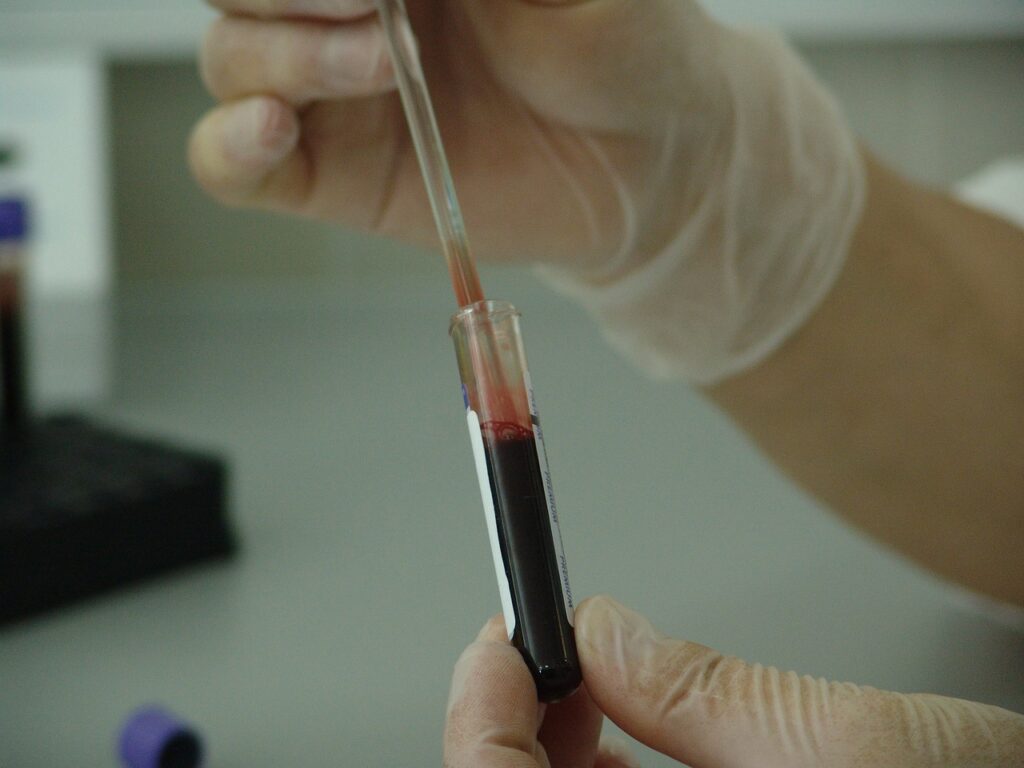Some Scientists Are Already Racing To Save the Public From The Next Pandemic, This Is How And Why
Scientists in Cape Town, South Africa, are preparing for the next pandemic by testing samples for sick individuals with unknown illnesses in the global south.
This article is more than 2 years old

The COVID-19 pandemic rocked the world over the last three years, and much of it is forever altered as a result. While many consider the pandemic to be “over” or, at the very least waning, some scientists are already preparing for the next pandemic. According to NPR, scientists at Stellenbosch University’s Centre for Epidemic Response and Innovation in Cape Town, South Africa, insist that it will be the Global South that saves the world when the next pandemic inevitably comes.
Director Tulio de Oliveira already has a stellar record, as one of the co-discoverers of the omicron variant of COVID. South Africa was the first country to detect and confirm COVID’s most dangerous variant, within just 24 hours of receiving samples. Using meta-genomic sequencing, scientists at the Centre are able to analyze foreign DNA and RNA in samples, then use advanced computer programs to identify the genetic code of those foreign organisms.
De Oliveira says that early detection and warning are the key to limiting the destructive impact of pandemics and endemics. Once mystery illnesses are identified, proper precautions and actions can be taken by affected individuals and communities, slowing the spread and allowing for informed care by local physicians. While the Global North—countries like the U.S. and many in the European Union—are relatively inexperienced with pandemics and endemics, the Global South has been studying them for decades, preparing for the next pandemic.
While many in the Global North think less of lower- and middle-income countries—especially in terms of scientific or medical advancements—De Oliveira says that their ingenuity in the face of less funding and other challenges makes them especially qualified to handle pandemics. Though the Global South’s experience with pandemics and epidemics isn’t a good thing, it has birthed many experts in the field. There’s a reason why Brazil has many of the world’s top experts on mosquito-borne outbreaks and why Uganda’s doctors are better equipped to handle hemorrhagic fevers like Ebola.
De Oliveira began using genomic surveillance to study HIV in 1995, before most other researchers had even thought about using the process to aid with illnesses. Many countries in the Global South aren’t new to outbreak research, which is exactly why they should be taking the lead in preparation for the next pandemic. Their rapid response to COVID-19 significantly reduced casualties and interruptions to daily life, allowing for a significantly faster return to normalcy than we saw in the U.S., not to mention a much smaller percentage of COVID deaths.
The Global South’s pandemic research is deeply collaborative, with countries from South America to Africa to South Asia sharing research, samples, and resources. The U.S. and other countries in the Global North would do well to take a feather from the Global South’s hat, prioritizing rapid response, research, and funding where it’s needed. Collaboration and preparedness are the keys to surviving the next world-changing pandemic, and if we let the Global South take the lead, we might just fare better than we did in the last one.



